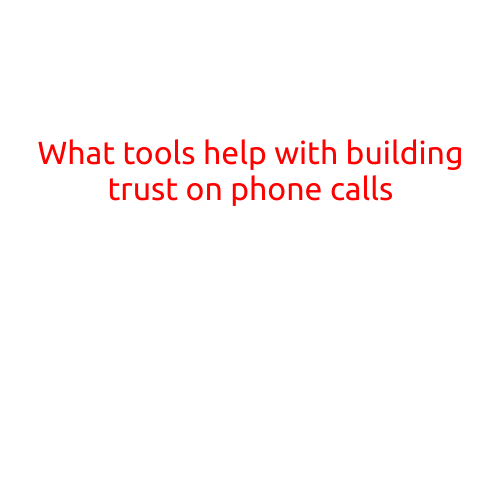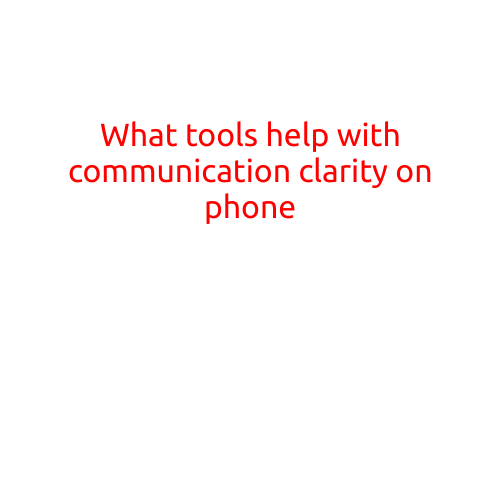
What Skills are Needed for Being Proactive on Calls
When it comes to making sales calls, being proactive is essential to achieving success. Proactive calling involves taking the initiative to reach out to potential customers, identify their needs, and build rapport with them. It requires a combination of skills, knowledge, and effective strategies to make a lasting impression on the other end of the phone. In this article, we’ll explore the key skills needed for being proactive on calls.
1. Active Listening
Active listening is the foundation of effective communication on calls. It involves paying attention to the caller’s words, tone, and body language (even though you can’t see them). To be proactive on calls, you need to listen carefully to the caller’s concerns, ask relevant questions, and respond accordingly. This shows that you value their time and are genuinely interested in helping them.
2. Rapport Building
Building rapport on calls is crucial for establishing trust and credibility with the caller. This involves finding common ground, sharing relatable experiences, and using positive body language (which can be simulated through tone and language). By building rapport, you can create a friendly and collaborative atmosphere, making it easier to have open and honest conversations.
3. Research and Preparation
Before making a call, it’s essential to research the company, industry, and potential customer. This helps you to tailor your pitch, address specific pain points, and show that you’re genuinely interested in their business. Prepare a list of questions to ask, and have a clear understanding of your product or service’s benefits and features.
4. Confident Communication
Confidence is key when making sales calls. You need to believe in your product or service and be able to articulate its value clearly and compellingly. Practice your pitch, and focus on showcasing the benefits and results that your solution can deliver. A confident tone conveys trustworthiness and expertise, making it more likely that the caller will engage with you.
5. Adaptability
No two calls are the same, and being adaptive is crucial for handling unexpected situations or objections. Be prepared to pivot your approach, adjust your tone, or address concerns in real-time. This flexibility shows that you’re willing to listen and adapt to the caller’s needs, which can lead to a more positive outcome.
6. Persistence and Follow-up
Not every call will result in an immediate sale or conversion. Being proactive on calls involves following up with leads, addressing objections, and providing additional information or insights. Persistence and follow-up demonstrate your commitment to the caller’s success and show that you’re willing to invest time and effort in building a relationship.
7. Time Management
Time is a precious resource on sales calls. Being proactive requires managing your time effectively, ensuring that you make the most of each call and don’t waste valuable minutes. Focus on the most important questions, and prioritize building rapport and trust over trying to cover every single point.
8. Technology Familiarity
In today’s digital age, being familiar with various communication tools and technologies is essential for making sales calls. This includes understanding CRM software, dialing software, and video conferencing tools. Being comfortable with technology allows you to focus on the call itself, rather than struggling with technological issues.
Conclusion
Being proactive on calls requires a unique blend of skills, knowledge, and strategies. By combining active listening, rapport building, research, confident communication, adaptability, persistence, time management, and technology familiarity, you can increase your chances of success and build strong relationships with potential customers. Remember to always stay focused on the caller’s needs, be willing to adapt, and demonstrate your expertise and value proposition.





